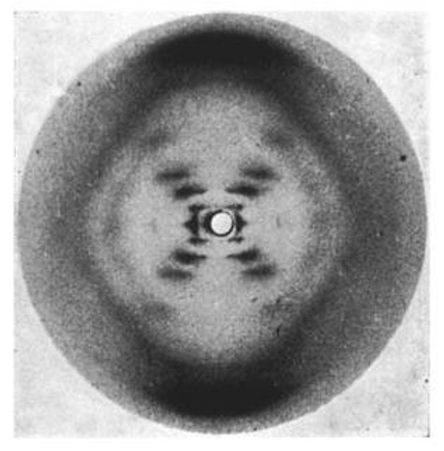

For Supervisors
Both current/prospective
Project in Communicating Science (6BBA3333) is a 3rd year, 30-credit module run by the Department of Bioscience Education within the Department of Anatomy. Students are typically on the the BSc (Hons) Biomedical or BSc (Hons) Pharmacology pathway, and the module is run in the second semester. As a key part of their assessment, students are embedded as 'science communicators in residence' within groups throughout both the School of Anatomy and the wider KCL community. Past hosts have included groups within the MRC Centre for Neurodevelopmental Disorders, the Science Gallery and the Gordon Museum.
During the first half of the term students focus on the social and philosophical theories of science and science communication - taught through lectures/seminars and workshops. Students are then tasked with creating a real-world 'practical' piece of science communication, drawing from their theoretical knowledge, based on the needs of their host laboratory. Past students have created lab websites, educational animations, and even board games based on their host group's research. You can see the full range of past projects below.
Why HOST a communication student?
The theoretical background gives students a highly sophisticated and critical understanding of the role of science and science communication in society. As such, communicating science students are not only interested in 'the science' itself, but also in many aspects of research life and culture, including the impact of the research, the culture of the lab, funding, and how tools or models are utilised within research.
In the past, students have attended lab/team meetings and seminars, shadowed experiments, and conducted interviews with team members. Students then work with their host group to decide upon their final project, based on the supervisor's needs, and the student's interests. As such, students gain valuable project experience working as science communicators, and supervisors gain unique insights into their research/communication strategies, and if decided on, a usable piece of communication.
Host supervisors are neither required of expected to teach students about communication.
